The political system of Djibouti can be classified as a presidential representative democracy in a republic nation. Executive power is held by the Government and President and Djibouti and legislative power is vested in the Government and National Assembly. The President of Djibouti is considered both the head of state and head of government. Throughout the 1960s, the country was subject to consistent French interference in elections and some citizens were even detained during the process. In 1977, the people of Djibouti voted for independence from France but the national constitution was not implemented until 1992. The country is also an active member of the Arab League and the United Nations.
The President of Djibouti is elected every six years and the parliament is elected every five. The country is divided into five regions, with 11 additional district subdivisions, and one city for administrative and electoral purposes. The next election for the parliament of Djibouti takes place in February of 2018 and the next Presidential election will take place in 2022.
The parliament of the country is known as the Chamber of Deputies or National Assembly and is located in the capital of Djibouti City. This 65 seat legislative body sees members elected for five-year terms and the Union for the Presidential Majority holds 43 of these seats. The first multi-party election for the national parliament was held in 2003. The national assembly of Djibouti is a unicameral legislature meaning there is one chamber of parliament.
The political scene in Djibouti is dominated by only one party, the People's Rally for Progress.
This page was last modified on May 1st, 2018
More on Graphicmaps
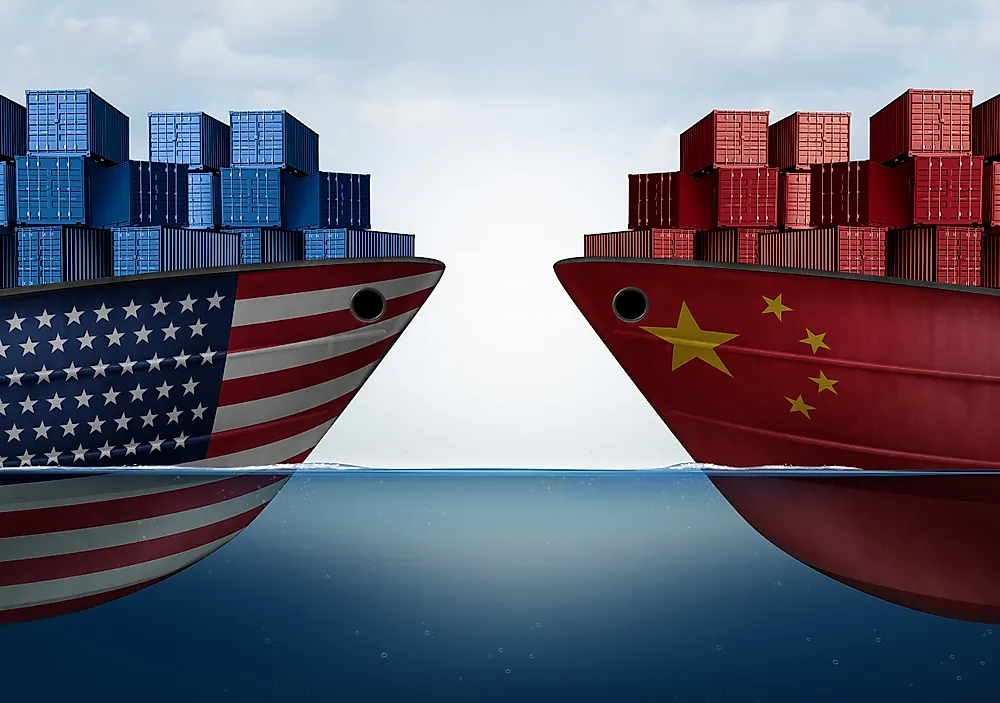
Published on 2019-11-06
What is a Trade Embargo?
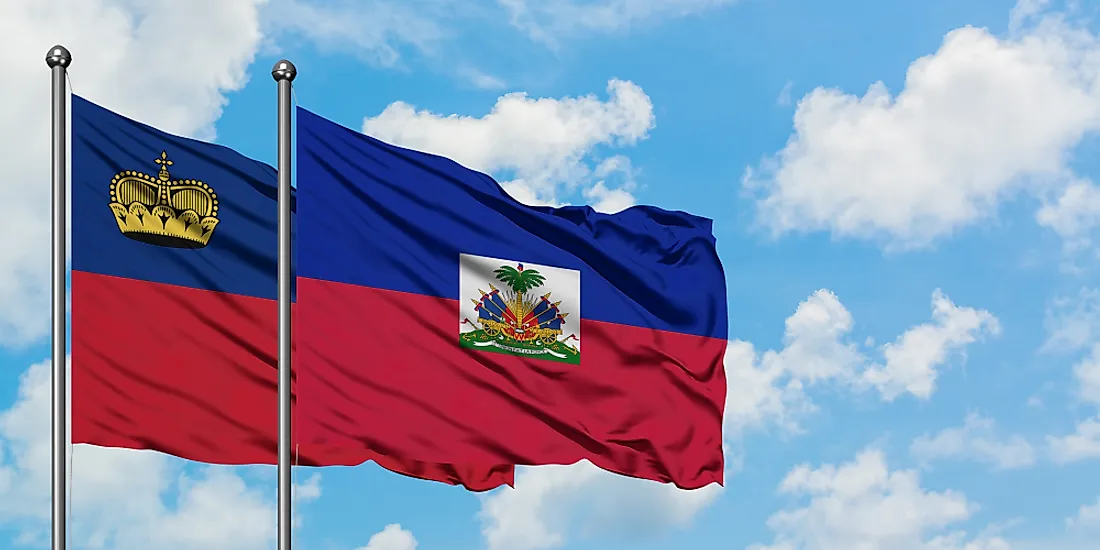
Published on 2019-11-04
Which Two Countries Used to Have the Same Flag?

Published on 2019-09-16
What Is the Only Two-Sided State Flag?
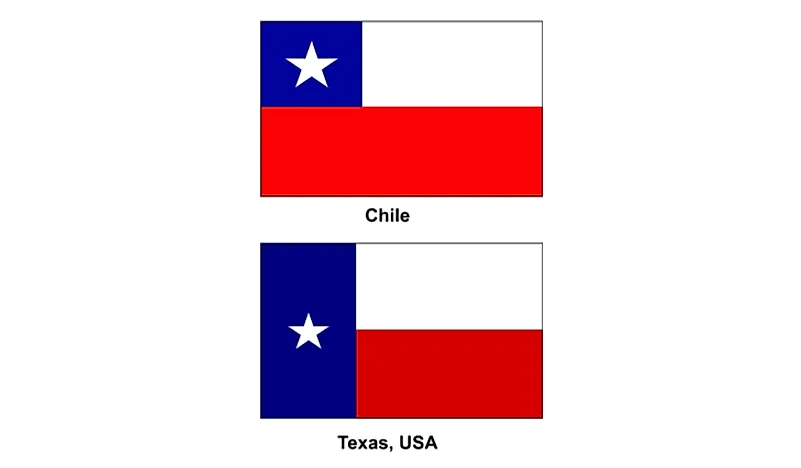
Published on 2019-09-16
Which Country Flag Looks Like the Texas Flag?
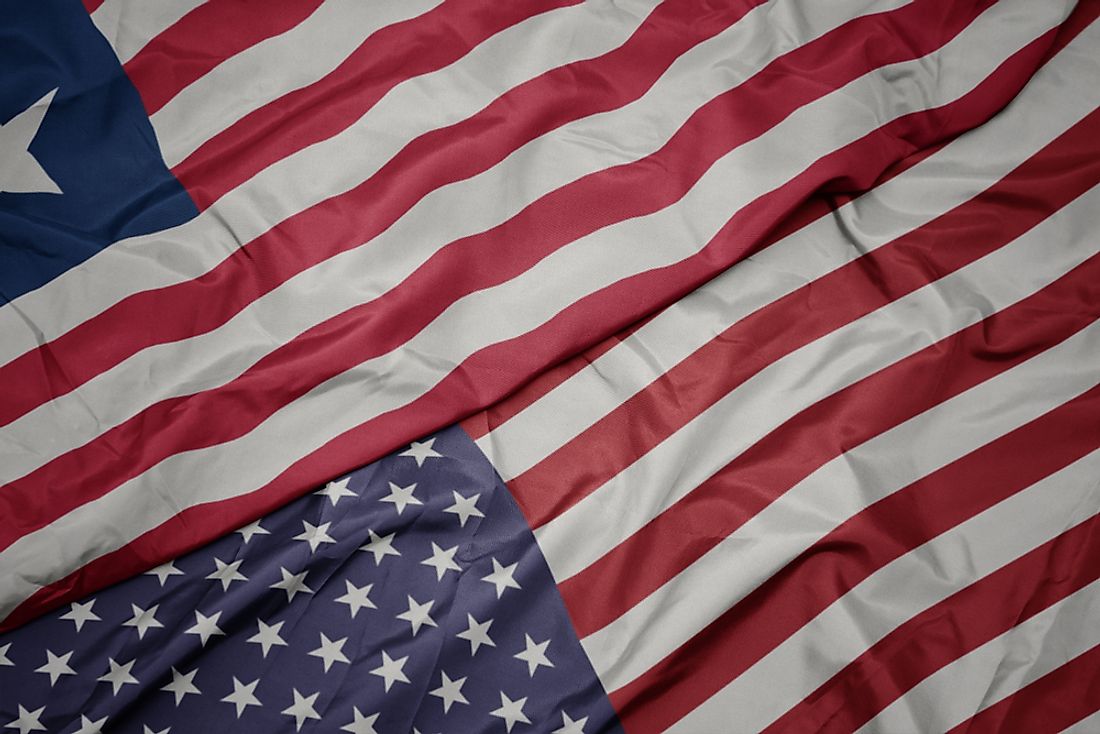
Published on 2019-08-29
Flags That Resemble the US Flag
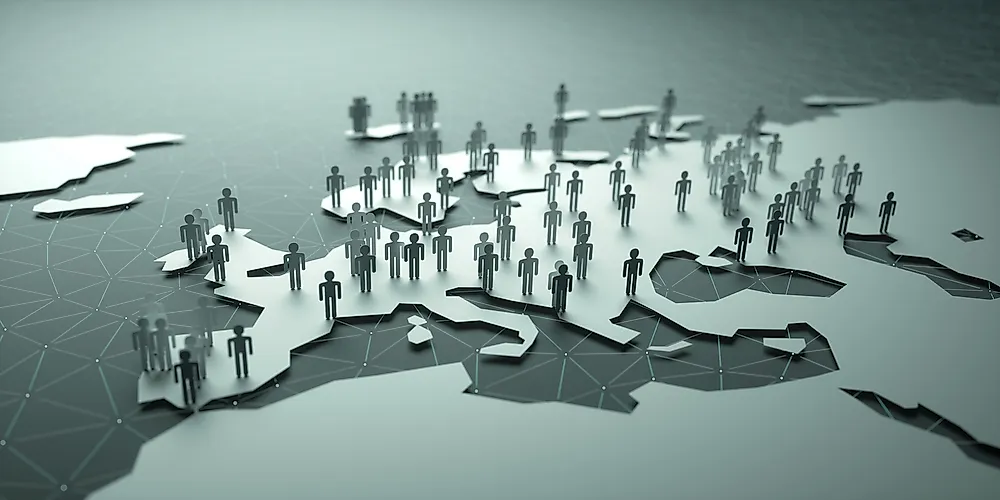
Published on 2019-08-20
